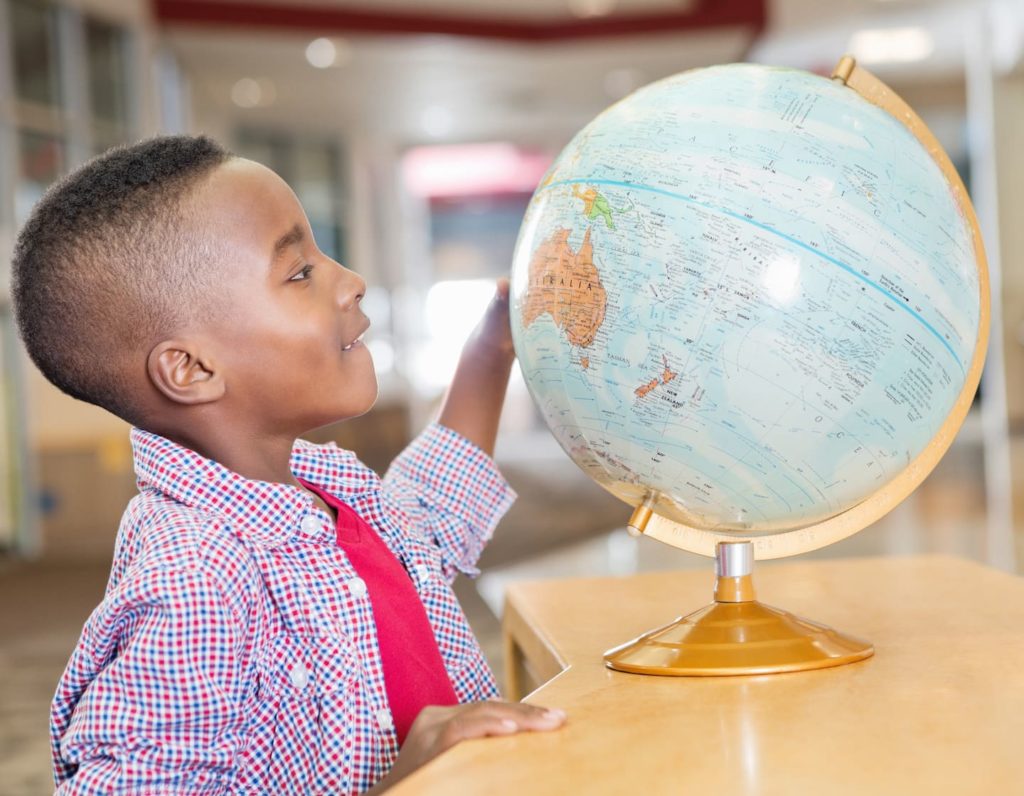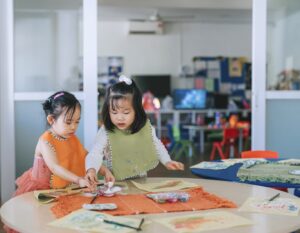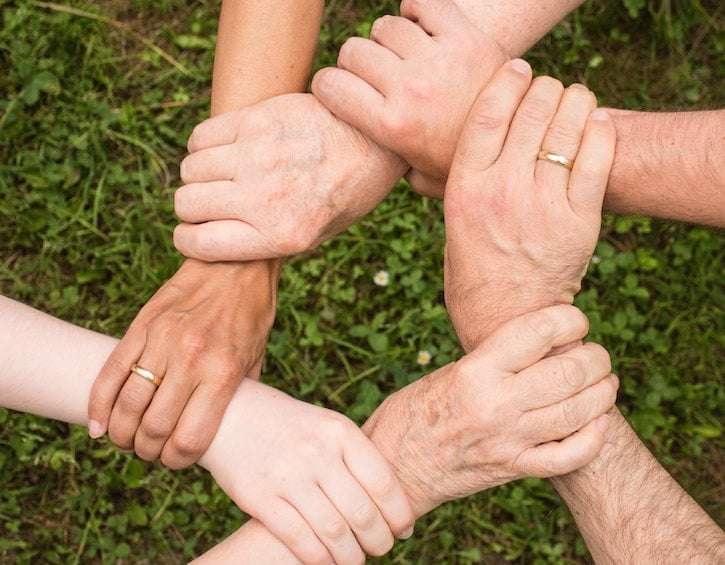
Broaden your young ones’ horizons by helping to develop their world views.
While we would all love our children to hold on to their innocence for as long as possible, we know that current affairs and global events can easily come up as a topic of discussion at home, in the classroom or playground. Understandably, your child is likely to want to know what exactly is happening in the world around us. Unfortunately, the news is not always pleasant. With diseases, trade wars and increasingly divisive and hate-fuelled events happening around the world, how can you bring up your children to ensure they grow into mature, balanced and well-informed young adults?
Read more: Raising Resilient Hong Kong Kids By Teaching Them Happiness
Why Is It Important To Talk To Children About World Events?
We don’t live in a bubble and we can’t afford to be removed from what is happening around us. Local and world events can take their toll on the economy, as well as on the safety and standard of living in the country involved for those who maintain any sort of political or economic (maybe even emotional) ties to it. Not to mention the global energy and environmental crises that also have a far-reaching impact and are potentially capable of harming all plant, animal and human life.
If you think about it purely from your child’s educational needs, remember that knowledge of current affairs is always required at higher levels and could be a prerequisite for entry into certain universities and streams. Besides knowing what is happening, it is also important to have an informed opinion about goings-on in the world. Your child’s opinion will then determine his or her actions, interests and possibly even career choice. It takes all sorts to make a world and every opinion, even if differing from yours, is important and worthy of respect.
Read more: Kids Who Care: Teenagers Making A Difference In The Community

Raising Informed Children: Discuss And Debate
Nowadays, we have moved away from reading newspapers and watching news broadcasts to consuming media on our handheld devices. This means our kids may not see us watching nightly news programmes in the same way that our parents used to. So as our viewing habits change, make it a point to discuss world events and debate their impact on all parties involved. It develops understanding, the ability to both listen and speak effectively, argue a point coherently and take a stand – all things that contribute highly to both their EQ and IQ.
Read more: Best Books For Helping Children With Anxiety, Stress And Other Issues
Raising Informed Children: Fact Check
In a world where social media and news is available at our fingertips, it is easy to fall prey to “alternative facts” or exaggerations. As parents, all of us must find our inner fact-checker and verify forwards received and click-bait links that we see. Some countries have fact-checking websites (these are especially good in the US with the Pulitzer Prize-winning PolitiFact, FactCheck and Climate Feedback), but we may not always find it easy to verify exactly what we are looking for.
A good rule of thumb is to see how many well-known publications report an event and what they claim their source is. Also, keep in mind that even reputed media organisations are said to have their biases. Once you consume news regularly, these become apparent. While it’s tempting to look for news that only voices what you believe, you must also consciously hear out the other side.
Read more: The Things Our Mamas Once Told Us
Raising Informed Children: Respect
If you do make an effort to hear a contrary point of view, it is a form of showing respect and children will learn this by example. Today’s fragmented world is getting increasingly divided with opposing political ideologies and economic standpoints. Each side is dismissive of the other and its supporters without taking their (often genuine) concerns into consideration. This leads to an even wider gulf between opposing sides, and shock and anger when an election, a referendum or a national policy doesn’t go as expected. The more you teach your children to accept and understand other points of view, even while staying true to their own, the more likely they are to grow up to be emotionally stable and rational adults.
Similarly, it may be tough for parents to accept, but know that your children may not echo your own point of view. It’s true of every generation and chances are that you’ve taken an opposite stand to your parents on many issues. Our views, and those of others, are shaped by life experiences so it would be impossible to find two people that are exactly the same. Also, especially when it comes to politics, things are rarely black and white – it’s only the shades of grey that differ!
Read more: Parenting Teenagers: How To Talk To And Understand Your Teens

Raising Informed Children: Teach Them History
The more things change, the more they stay the same. Almost everything that is happening in the world around us has happened before in some shape or form over the years. Similar events may even be happening at the same time in other parts of the world. Children (especially teenagers) tend to be very influenced by their peers, believing that no one else can quite understand what they are going through. Showing them examples of other events around the world and how it was, or is being, resolved will give them a sense of perspective. You might even find it encourages them to want to be a teacher, journalist, conservationist or bureaucrat. It’s good to expose your children to current affairs, balance their opinions with all sides of the story and ground them with history and realism, after all, the future lies with them.
Read more: What 2020 Has Taught Us: 6 Sassy Mamas And Papas Reflect
Editor’s note: This post was originally published in September 2019 and updated in January 2021.
 View All
View All











 View All
View All





 View All
View All


 View All
View All
















